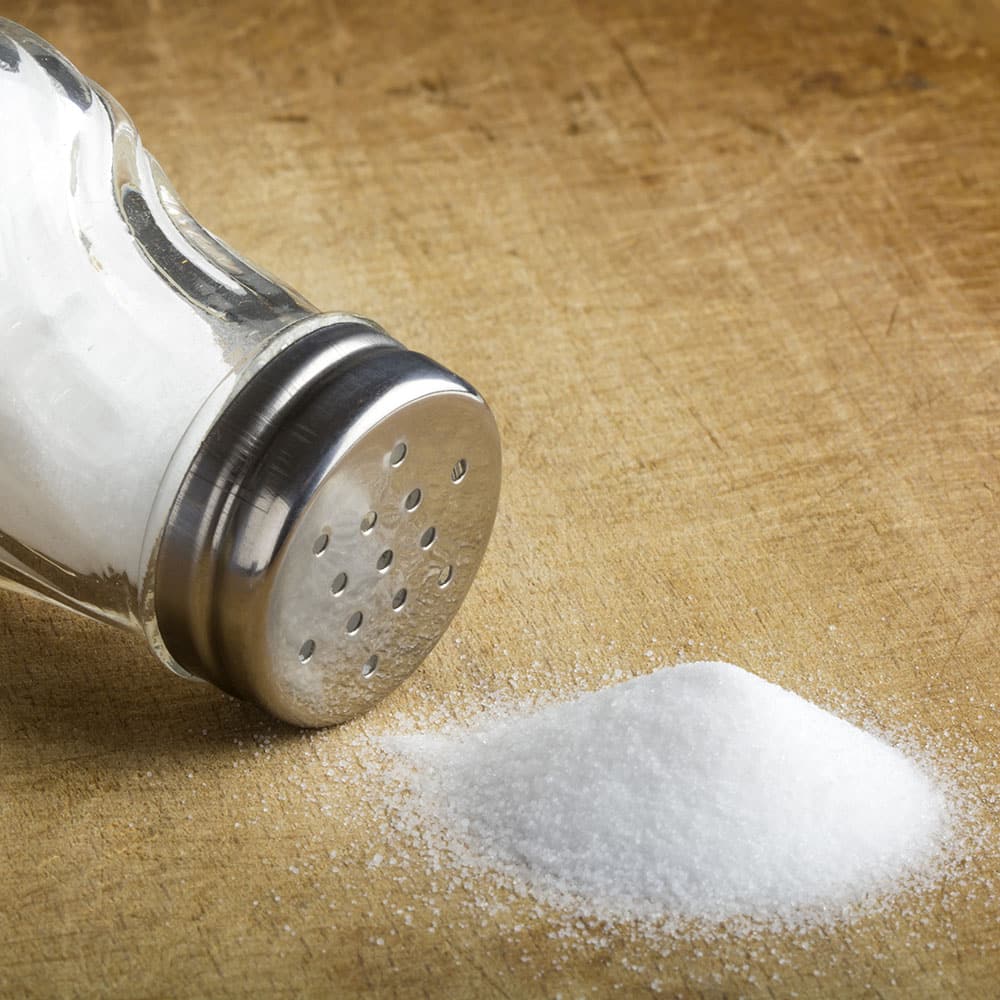“In the study, middle-aged to elderly participants reduced their salt intake by about 1 teaspoon a day compared with their usual diet. The result was a decline in systolic blood pressure by about 6 millimeters of mercury (mm Hg), which is comparable to the effect produced by a commonly utilized first-line medication for high blood pressure,” said Dr. Deepak Gupta, associate professor of medicine at Vanderbilt University Medical Center and co-principal investigator.
“We found that 70-75% of all people, regardless of whether they are already on blood pressure medications or not, are likely to see a reduction in their blood pressure if they lower the sodium in their diet,” said co-principal investigator Norrina Allen, professor of preventive medicine at Northwestern University Feinberg School of Medicine.
“We previously didn’t know if people already on blood pressure medication could actually lower their blood pressure more by reducing their sodium,” said Allen, also the Quentin D. Young Professor of Health Policy and director of the Center for Epidemiology and Population Health.
While it can be challenging to reduce your sodium intake, decreasing sodium in any amount is beneficial according to the researchers. The AHA recommends that total daily sodium intake is to be below 1,500 milligrams, and this study was designed to decrease it even lower than that recommendation to help combat high blood pressure which is the leading cause of morbidity and mortality on a global level.
“High blood pressure can lead to heart failure, heart attacks, and strokes because it puts extra pressure on your arteries,” Allen said. “It affects the heart’s ability to work effectively and pump blood.”
For this study, individuals between the ages of 50-70s were randomized into groups following either a high sodium diet of 2,200 mg per day on top of their usual diet, or a low sodium diet of 500mg in total per day, for a one-week period after which they crossed over to follow the opposite diet for a period of one-week.
On the day before each study visit, participants wore blood pressure monitors and collected urine samples for 24 hours. Among 213 participants, systolic blood pressure significantly lowered by 7-8 mm Hg when on the low sodium diet vs the high sodium diet, and by 6 mm Hg compared with their usual diet. The researchers reported that overall, 72% of the participants experienced lowering of their systolic blood pressure while on the low-sodium diet compared to their usual diet.
“The effect of reduction in dietary sodium on blood pressure lowering was consistent across nearly all individuals, including those with normal blood pressure, high blood pressure, treated blood pressure and untreated blood pressure,” Gupta said. “Just as any physical activity is better than none for most people, any sodium reduction from the current usual diet is likely better than none for most people with regards to blood pressure.”
“This reinforces the importance of reduction in dietary sodium intake to help control blood pressure, even among individuals taking medications for hypertension,” Allen added.
“The fact that blood pressure dropped so significantly in just one week and was well tolerated is important and emphasizes the potential public health impact of dietary sodium reduction in the population, given that high blood pressure is such a huge health issue worldwide,” said co-investigator Dr. Cora Lewis, professor and chair of the department of epidemiology and professor of medicine at the University of Alabama at Birmingham. “It is particularly exciting that the products we used in the low-sodium diet are generally available, so people have a real shot at improving their health by modifying their diet in this way.”




